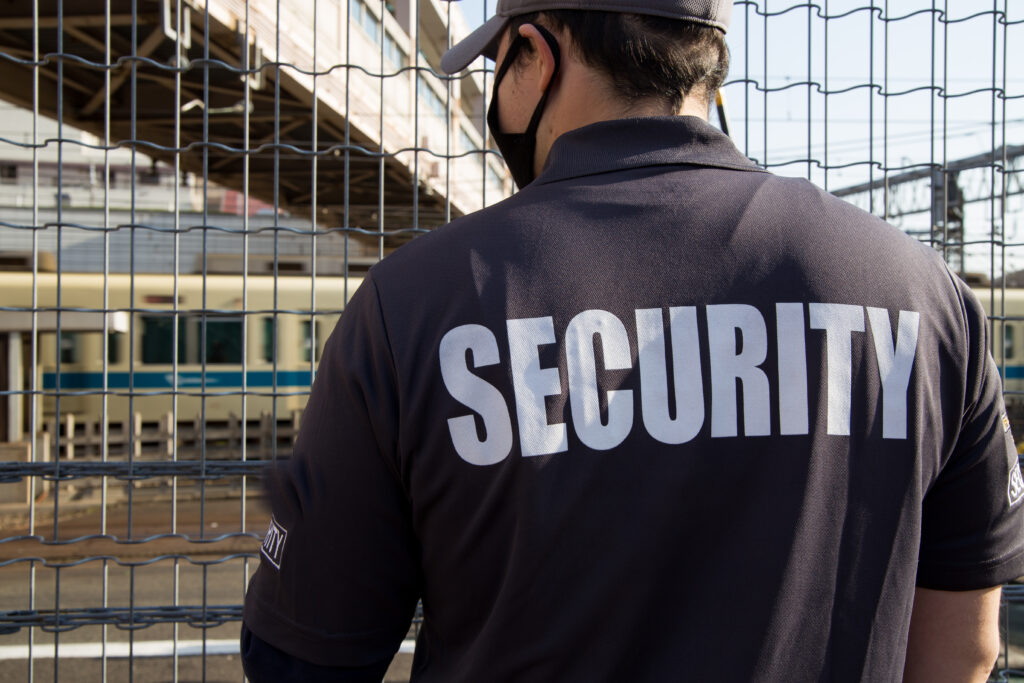Combating Negligent Security Incidents: Understanding the Risks, Implementing Solutions, and Seeking Legal Action
In today’s world, security should be a top concern for property owners and managers of establishments such as shopping centers, apartment buildings, hotels, and workplaces. Regrettably, negligent security incidents are far too commonplace, with inadequate measures leading to theft, assault, or other harmful situations that could have been avoided with proper precautions. As a result, it’s crucial that we recognize the risks associated with negligent security, implement effective strategies to minimize those risks, and pursue legal action when appropriate to hold accountable those responsible for the consequences of negligent security practices.
At Circeo Law Firm, our dedicated team of Kentucky injury attorneys is committed to providing valuable information and tenacious representation for individuals affected by negligent security incidents. In this blog post, we will delve into the factors contributing to negligent security, offer preventative measures, discuss the steps to take following a security lapse, and highlight the importance of seeking professional legal assistance to pursue justice for injuries or losses stemming from inadequate security.
Factors Contributing to Negligent Security Incidents
Negligent security incidents occur due to a variety of factors – often resulting from the negligence of property owners or managers who fail to prioritize safety. Typical factors contributing to such incidents include:
- Insufficient or outdated security systems: Property owners who fail to invest in adequate security measures, or maintain outdated and ineffective security systems, increase the likelihood of security lapses.
- Poorly lit premises: Inadequate lighting in areas such as parking lots, hallways, and stairwells can provide criminals with the cover of darkness, facilitating opportunities for theft, assault, or other crimes.
- Lack of security personnel: An insufficient security staff presence at establishments can limit the ability to deter or respond to crime effectively.
- Ineffective security policies and procedures: When businesses or property owners do not enforce or establish effective security protocols, potential vulnerabilities are left open for exploitation by criminals.
Preventative Measures for Negligent Security Incidents
Understanding the factors contributing to negligent security incidents enables us to develop preventative measures to minimize the risks. Consider implementing the following strategies to help avoid security lapses:
- Upgrade security systems: Periodically evaluate and upgrade security systems, incorporating surveillance cameras, access control systems, and intrusion alarms to deter criminals and monitor premises.
- Enhance lighting and visibility: Ensure that all areas of a property are well-lit, especially in commonly traversed locations such as parking lots, stairwells, and building entrances to deter criminal activity.
- Hire and train qualified security personnel: Employ a sufficient number of skilled security staff and provide proper training to handle emergency situations and crime prevention effectively.
- Develop and enforce security policies: Establish comprehensive security policies, routinely review them for effectiveness, and enforce the proper adherence to these protocols.
Steps to Take After a Negligent Security Incident Occurs
In the event of a negligent security incident, follow these steps to protect your rights and seek justice for any injuries or losses sustained:
- Report the incident: Notify property management, local authorities, or security personnel of the incident as soon as possible to document and investigate the situation. Obtain copies of any incident reports filed.
- Seek medical attention: If injured, seek prompt medical care and keep records of all medical treatments received as a result of the security lapse.
- Gather evidence: Collect any evidence and information available, such as photographs of the scene, witness statements, and surveillance camera footage.
- Consult with an experienced attorney: Contact a Kentucky injury attorney specializing in negligent security cases to discuss your legal options and potential compensation.
The Importance of Seeking Legal Assistance in Negligent Security Cases
If you or a loved one has been affected by a negligent security incident, hiring a knowledgeable and compassionate Kentucky injury attorney can be crucial in pursuing justice. Consider the following aspects when searching for legal representation:
- Experience with negligent security cases: Choose an attorney with a history of successfully handling similar cases, ensuring they possess the expertise and understanding of the unique legal challenges involved.
- Comprehensive legal representation: Your attorney should possess the ability to handle all aspects of your case, including investigations, negotiations with insurance companies, and courtroom litigation.
- A client-centered approach: Select a lawyer who places your best interests at the forefront of their strategy and is committed to providing compassionate guidance throughout the legal process.
Conclusion
Increasing awareness about negligent security incidents and understanding the factors that contribute to such scenarios are crucial steps in safeguarding ourselves and our loved ones from potential harm. Implementing effective preventative measures and seeking legal assistance from an experienced attorney when needed enables us to promote accountability and further the pursuit of justice in cases of negligent security. Circeo Law Firm is committed to empowering those affected by negligent security incidents, relentlessly advocating for justice on their behalf, and providing support throughout the legal process. Our negligent security lawyers can help forge a safer future where everyone can confidently enjoy their surroundings without fear of preventable security risks.

